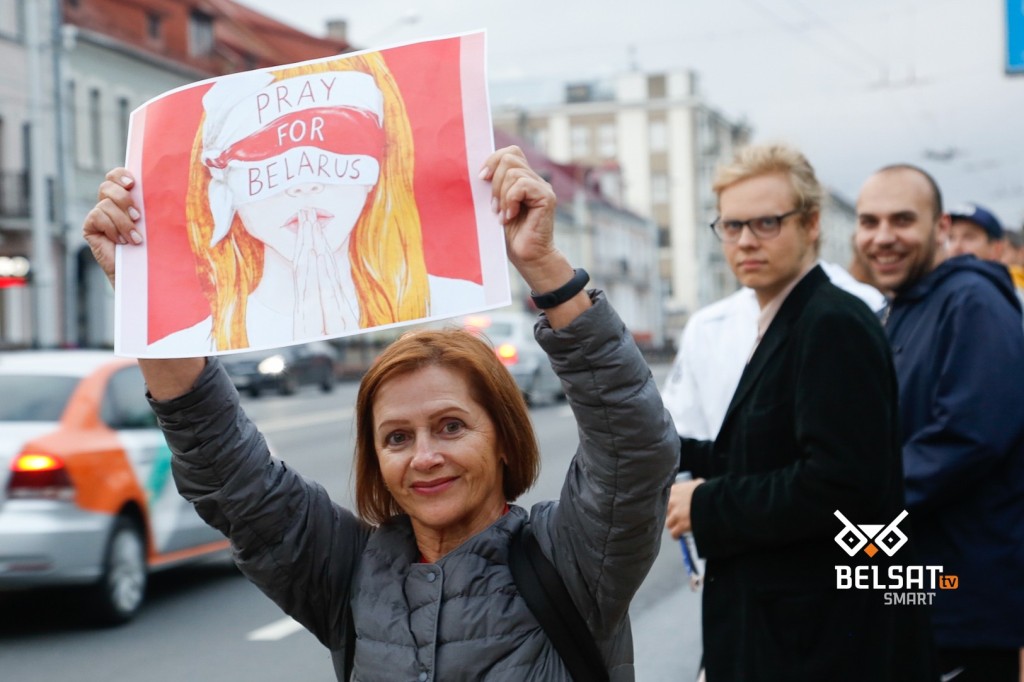This August marks a year since the large-scale protests had swept through Belarus following the fraudulent presidential election. With several protesters dead and the number of political prisoners in hundreds, Belarus is undergoing one of the most dramatic periods since it proclaimed independence in 1990.
Despite the violence of the authorities, the persistence of the protests demonstrated something unanticipated. One can hardly say that civil society in Belarus is the ‘least developed in Europe’ (Lenzi, 2002) or ‘weak’ (Matchanka, 2014), while social capital is in ‘low stocks’. In fact, social networks, solidarity and trust of Belarusians have never been at these levels.
The brutal suppression of peaceful protest marches has also triggered reaction from various Christian churches in Belarus. This blog post explores how Christian churches engaged with the ongoing crisis. It views their participation as talaka, a form of voluntary assistance, historically, traditional to Belarusian rural communities. Considering the political turbulence and the state repressions, churches efficiently facilitated acts of solidarity within society.
Read more in SSEES Research blog.
